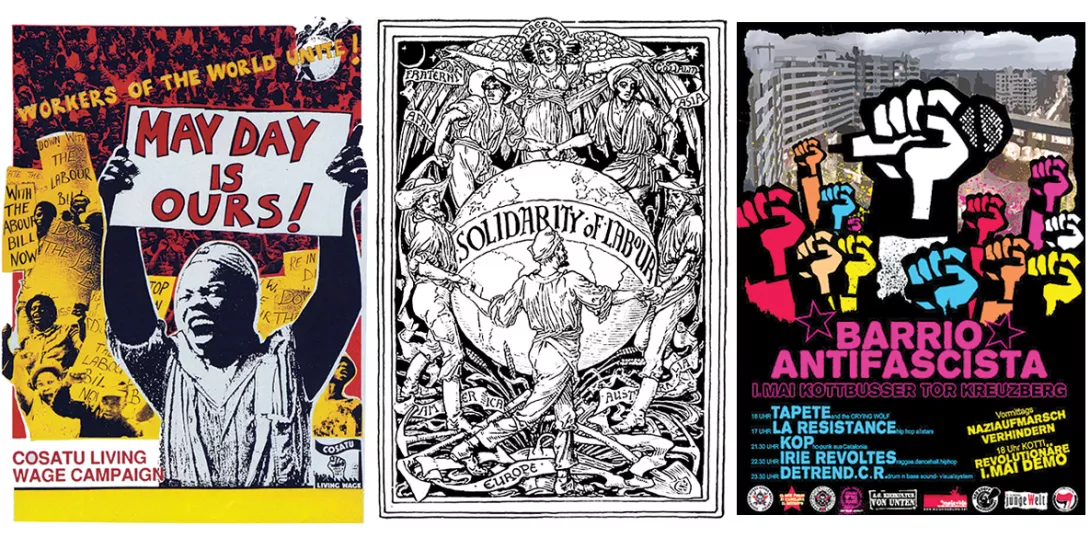The proxy war in Ukraine is heading to a denouement with the US and Russia dividing the spoils while the European powers stand bewildered by events they have been wilfully blind to, says KEVIN OVENDEN
Building internationalism and solidarity
Why trade unionists should build the movement for peace in Palestine and Ukraine, posits JOE WILSON
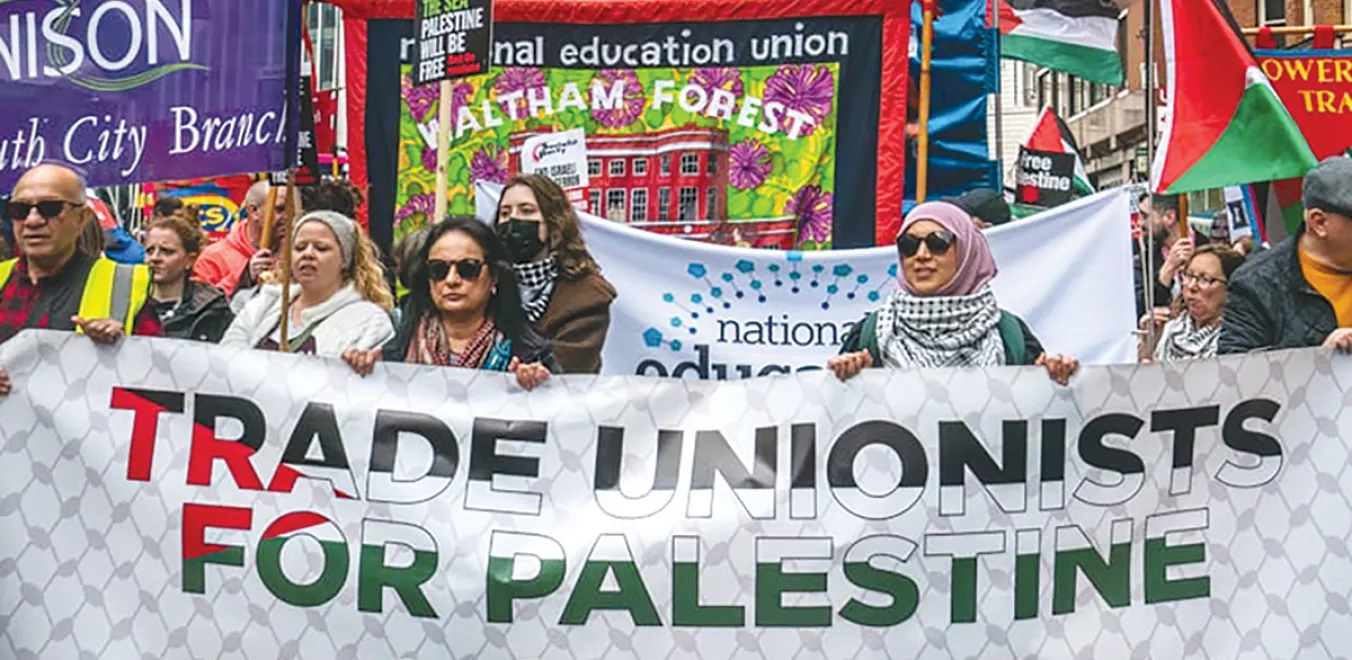
AS trade unionists, we stand at a critical juncture. The conflicts in Palestine and Ukraine are not just distant tragedies; they are ongoing catastrophes in which Britain is complicit.
Our duty is to build a labour movement that wins in the workplace, but also one which promotes peace and challenges the systems that perpetuate these wars.
British trade unionists need to mobilise for peace in places such as Palestine and Ukraine, by highlighting the roles of the US, Nato and British arms industries in fuelling these and other conflicts.
More from this author
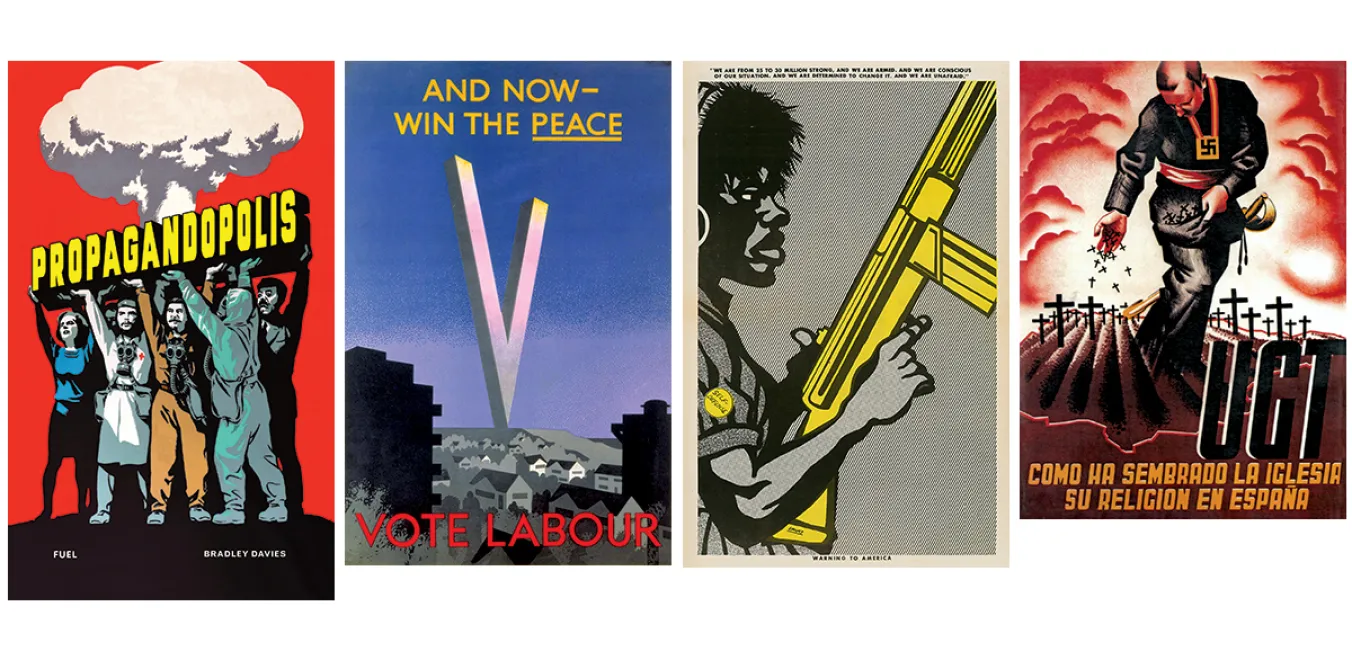
MICHAL BONCZA recommends a compact volume that charts the art of propagating ideas across the 20th century

MICHAL BONCZA reviews Cairokee gig at the London Barbican
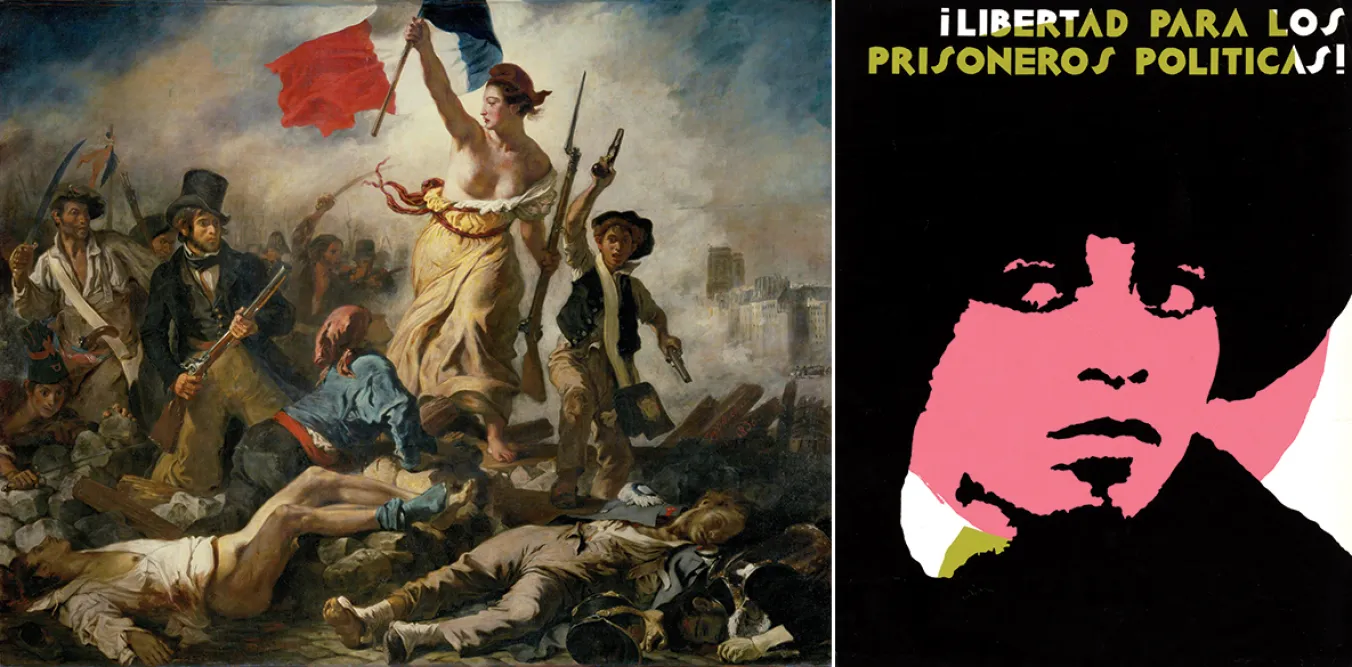
MICHAL BONCZA rounds up a series of images designed to inspire women
Similar stories
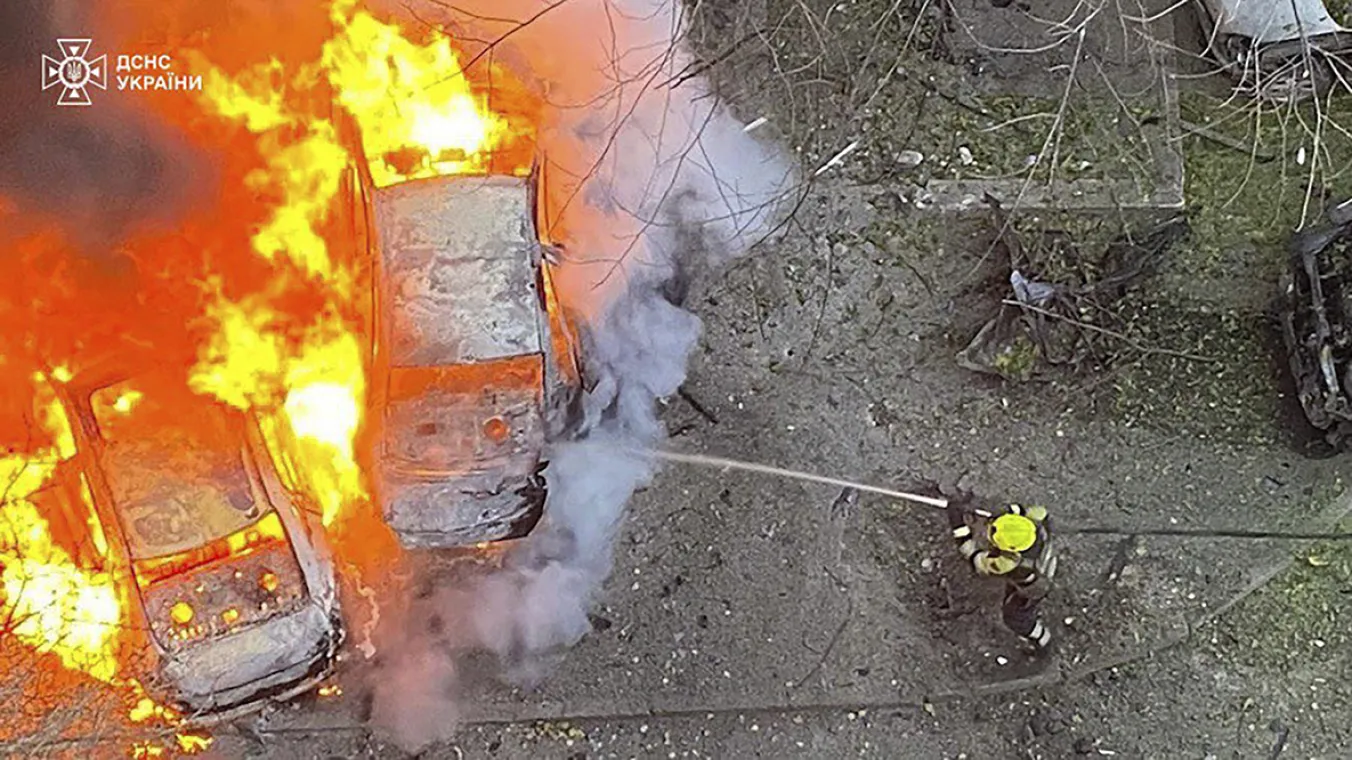
Convenor DOMINIC MACASKILL introduces Stop the War Cymru’s Ukraine statement and the lobby of the Welsh Labour conference
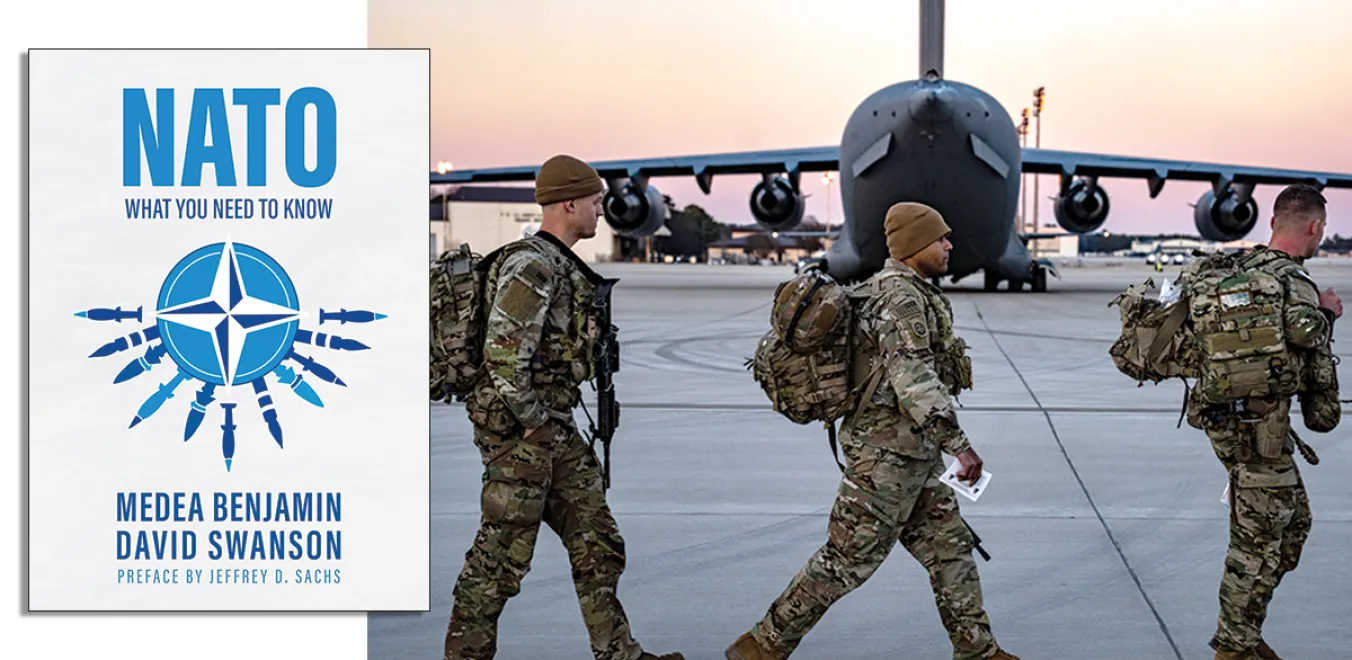
TOMASZ PIERSCIONEK welcomes a succinct demonstration of how Nato became a vehicle for the US to pursue its dreams of global dominance
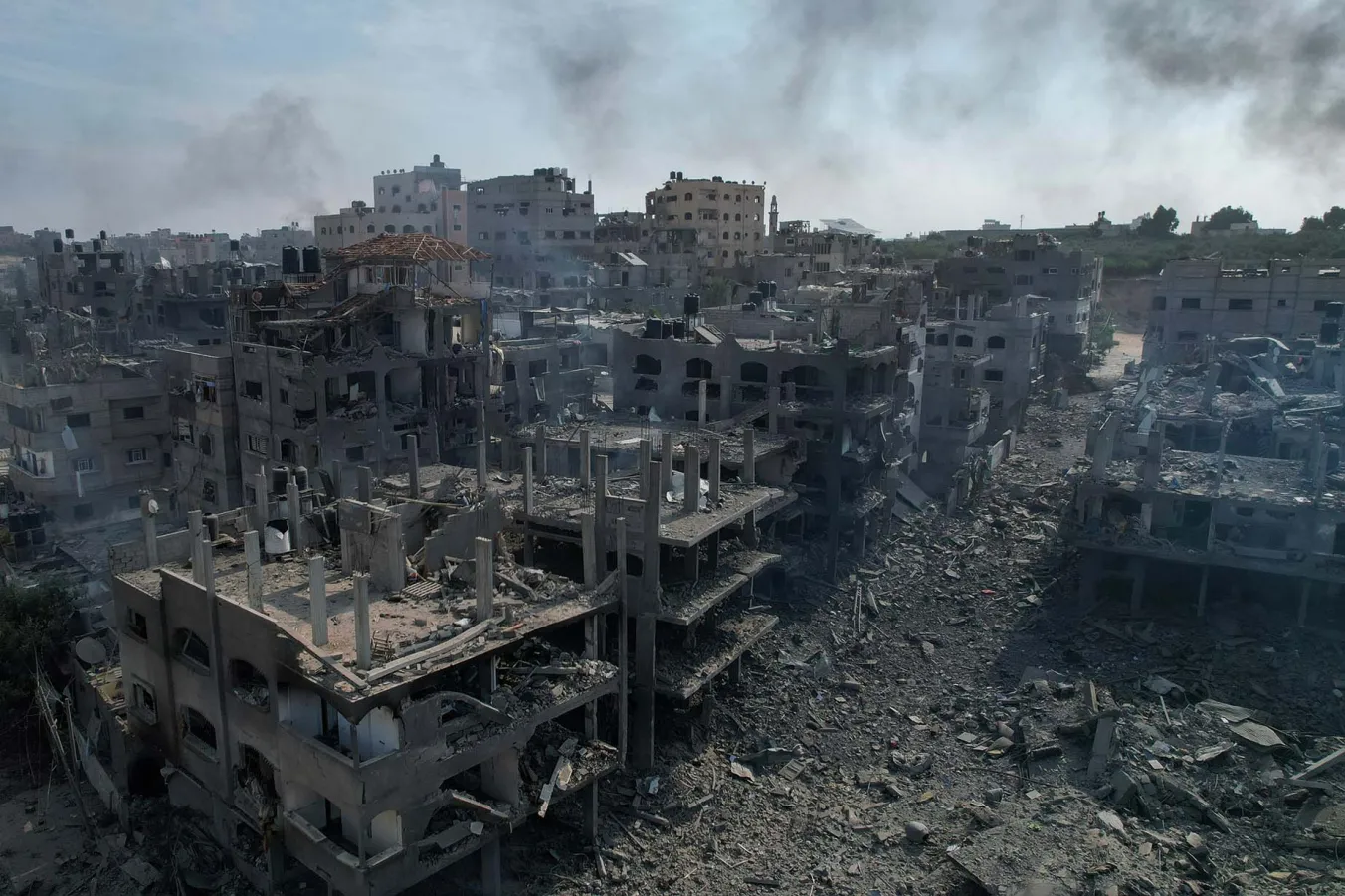
From Middle East escalation to Nato’s Russia proxy war, we face the consequences of decades of destructive interventions by the US and its allies, writes LINDSEY GERMAN
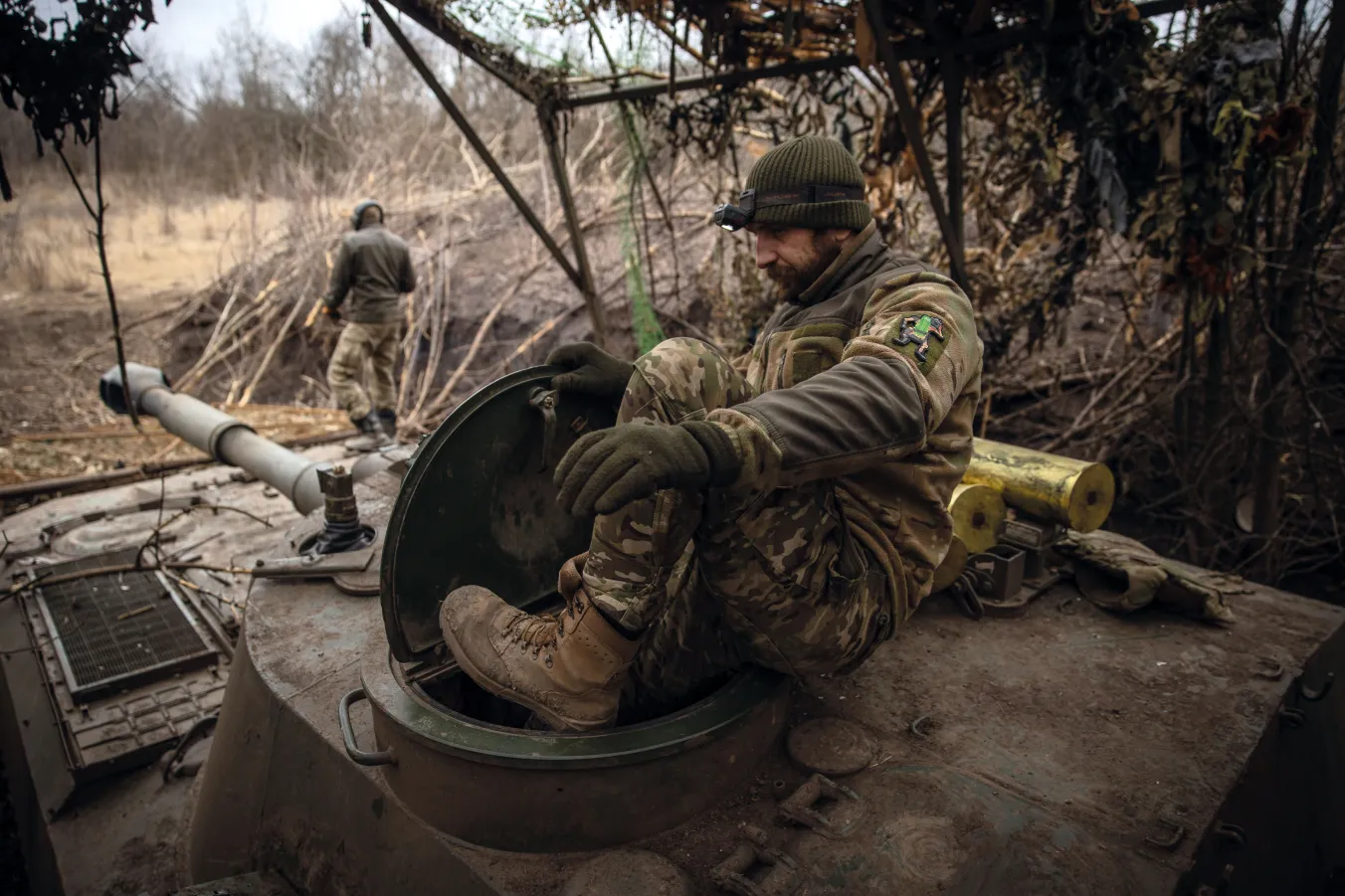
The possibility of a renewed diplomatic solution in Ukraine could be opening up – but will a hawkish Labour front bench get the message, wonders NICK WRIGHT










